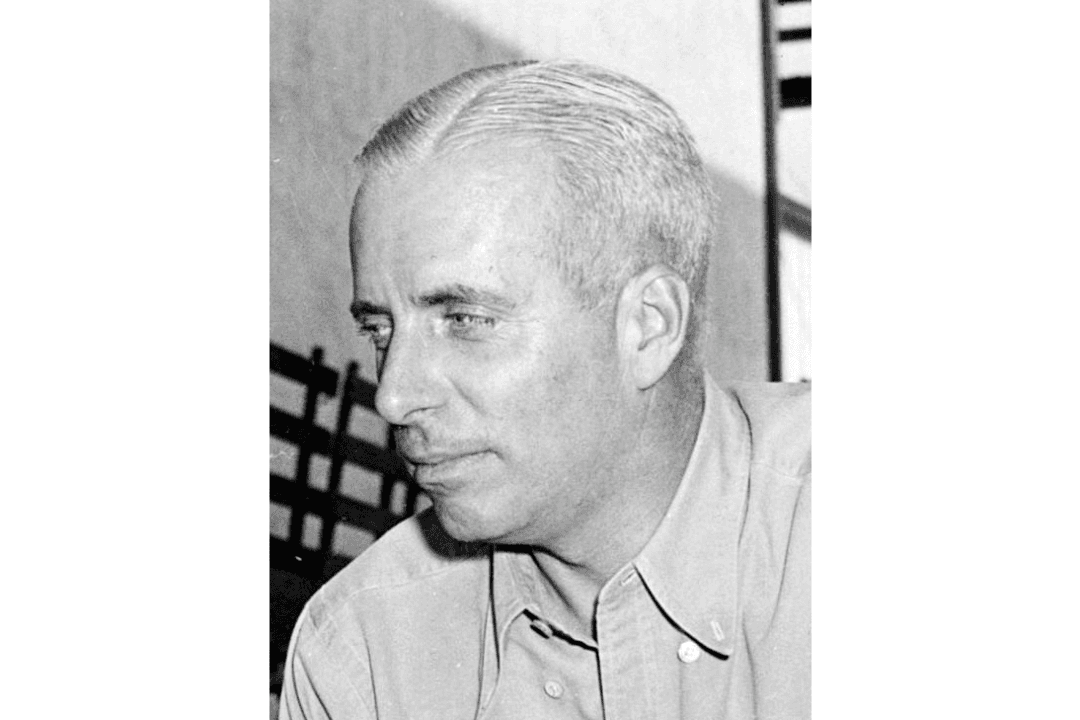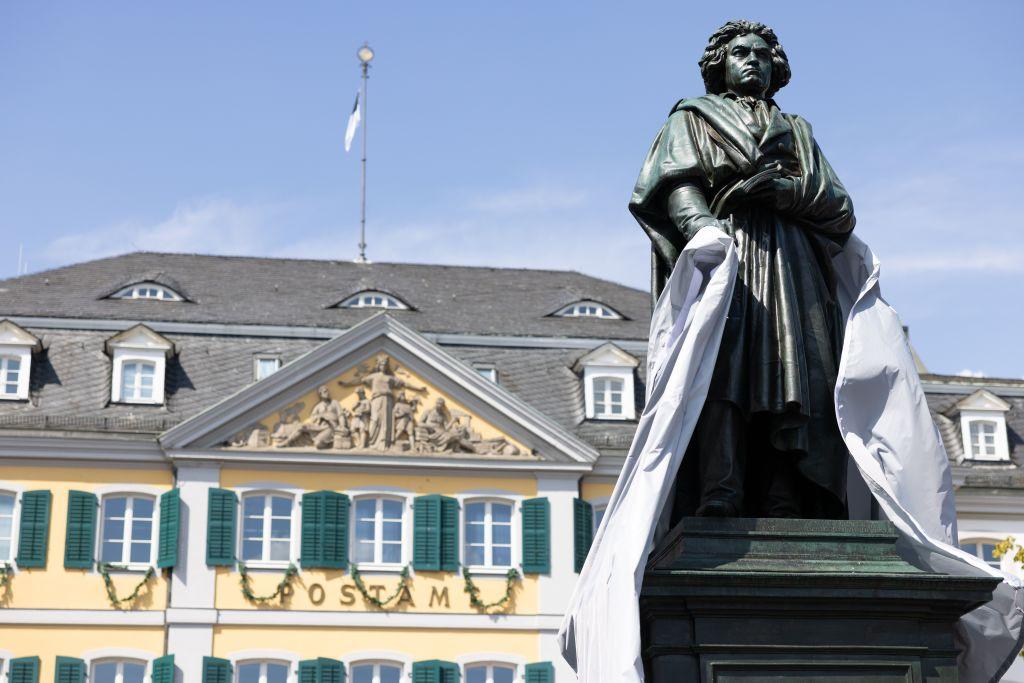“In recent years it has become clear that there is a war going on: a war on the West, a cultural war, being waged remorselessly against all the roots of the Western tradition and against everything good that the Western tradition has produced.” —Douglas Murray
In his previous book, “The Madness of Crowds: Gender, Race, and Identity” (2019), Murray compared himself to a machine that explodes land mines so that soldiers may follow more safely behind.






